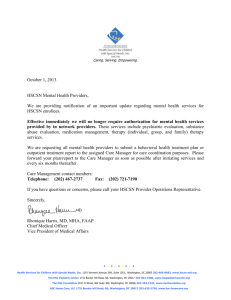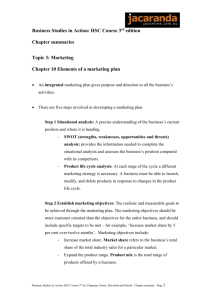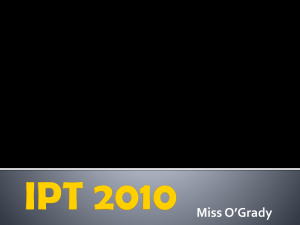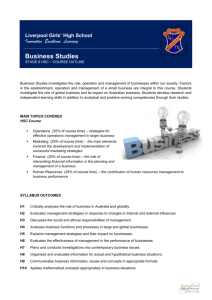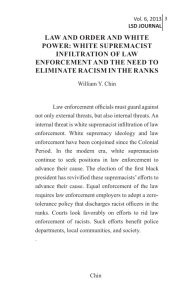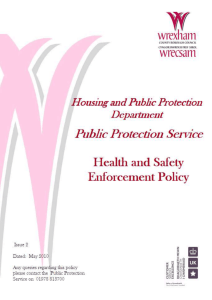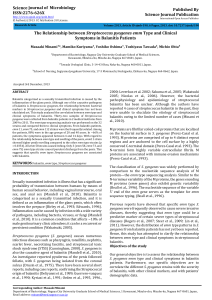Dear Bill - corporateaccountability.org.uk
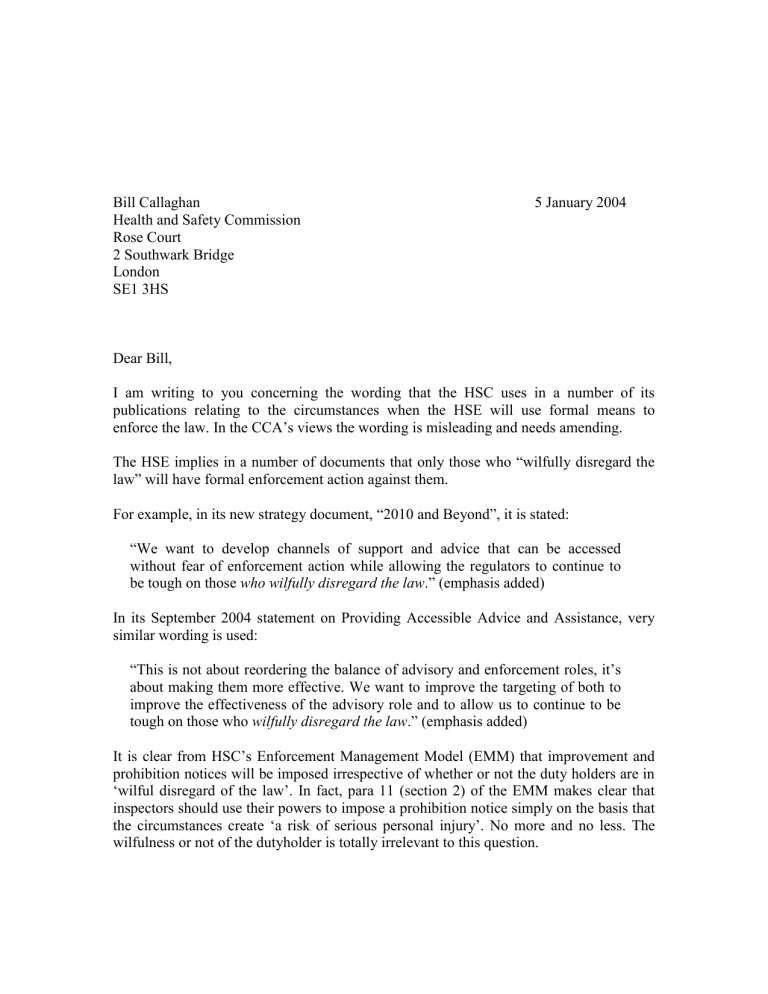
Bill Callaghan
Health and Safety Commission
Rose Court
2 Southwark Bridge
London
SE1 3HS
5 January 2004
Dear Bill,
I am writing to you concerning the wording that the HSC uses in a number of its publications relating to the circumstances when the HSE will use formal means to enforce the law. In the CCA’s views the wording is misleading and needs amending.
The HSE implies in a number of documents that only those who “wilfully disregard the law” will have formal enforcement action against them.
For example, in its new strategy document, “2010 and Beyond”, it is stated:
“We want to develop channels of support and advice that can be accessed without fear of enforcement action while allowing the regulators to continue to be tough on those who wilfully disregard the law
.” (emphasis added)
In its September 2004 statement on Providing Accessible Advice and Assistance, very similar wording is used:
“This is not about reordering the balance of advisory and enforcement roles, it’s about making them more effective. We want to improve the targeting of both to improve the effectiveness of the advisory role and to allow us to continue to be tough on those who wilfully disregard the law
.” (emphasis added)
It is clear from HSC’s Enforcement Management Model (EMM) that improvement and prohibition notices will be imposed irrespective of whether or not the duty holders are in
‘wilful disregard of the law’. In fact, para 11 (section 2) of the EMM makes clear that inspectors should use their powers to impose a prohibition notice simply on the basis that the circumstances create ‘a risk of serious personal injury’. No more and no less. The wilfulness or not of the dutyholder is totally irrelevant to this question.
In relation to improvement notices, the EMM indicates that improvement notices should be imposed in most cases if the gap between the ‘actual risk’ (the risk created by the dutyholder) and what the risk should be, is either ‘substantial’ or ‘extreme’. This test does not require evidence of ‘wilfulness’ on the duty holders part. If such a situation exists, any potential evidence of ‘wilfulness’ (that may be indicated in that previous enforcement action had been taken, or there has been a history of previous incidents, or that the dutyholder was in breach for the purpose of commercial gain) will only result in inspectors not only imposing an improvement notice but also prosecuting.
Furthermore the EMM makes clear that prosecution should take place in most situations where the risk gap is ‘extreme’ – again irrespective of any evidence of ‘wilfulness’.
Section 39 of HSC’s Enforcement Policy Statement sets out nine criteria where prosecution will be expected. Two of these do require evidence of wilfulness or intention
- the wilful supply of false information and the intentional obstruction of an inspector.
However, the other seven do not require such evidence, though it may assist in satisfying the criteria.
Therefore using the language of “wilful disregard of the law” is misleading as a way of indicating when enforcement action – rather than the provision of advice - will be taken.
The CCA is not clear why the HSC uses this language . However it certainly does not assist in your endeavors to deter dutyholders from breaking the law.
You may want to consider changing the phrase to something like: “continue to be tough on those who are in serious breach of health and safety law or cause serious harm”
Could you please inform us of what action you will take to ensure that such language is not used in any new leaflet or publication published by the HSC.
Yours sincerely
David Bergman
DIRECTOR cc: Jennifer Terry, Head of HSE’s Legal Department

